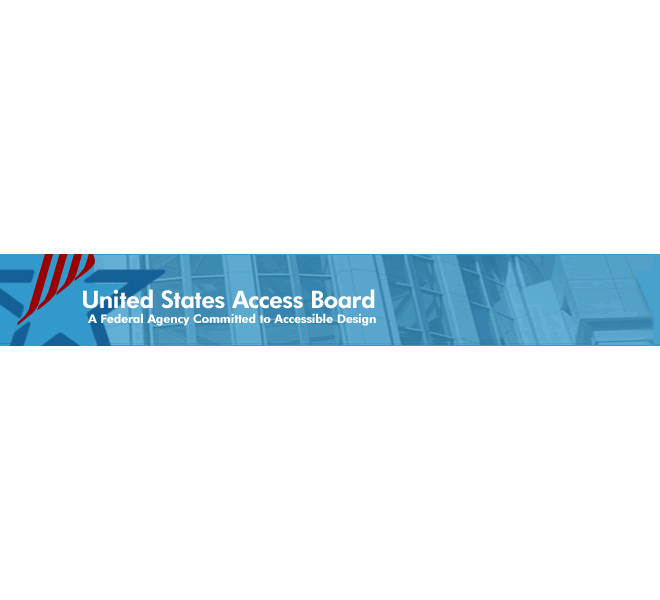
20 May Public Comments to Access Board: 508 Refresh
![]()
Duff Johnson, Executive Director of the PDF Association recently spoke before the U.S. Access Board regarding the upcoming refresh of the 508 accessibility rules. The proposed changes include adherence to WCAG 2.0 for all media types and additional conformance to other guidelines based on media type, such as the PDF/UA-1 guidelines for all PDF documents.
PDF/UA Recommended
Johnson recommended to the Board that PDF accessibility be judged primarily on PDF/UA standards, since WCAG 2.0 mostly concerns web content; for anything not usually found in static PDFs, such as Javascript or audiovisual content, WCAG 2.0 could then be consulted. In contrast to WCAG 2.0, PDF/UA standards are based solely on PDF documents and go into more detail on making these accessible. Furthermore, the PDF Association formulated the Matterhorn protocol to create a functioning checklist that will definitely answer whether a document can be considered accessible, whereas WCAG does not offer such a definitive answer.
Protocol for Accessibility
If you’re trying to make a standard PDF accessible, WCAG 2.0 requires that the content include adequate contrast, be read in a logical order, and that all non-text items have alternate text available.
Broad Criteria
Johnson also recommends that accessibility of PDFs be judged by PDF/UA in general, rather than restricting this to PDF/UA 1. The upcoming PDF 2.0 will offer new structures and tags to help make content more accessible, which PDF/UA 2 will then address. Word Wizards encourages this broad stroke approach to 508 regulation because we know it allows for maximum flexibility providing accessible solutions for persons with disabilities.
Support New Technology
The endorsement of PDF/UA standards and WCAG 2.0 by major industry players further supports the viability of our new 508 transcription services. 508 transcripts provide accessibility for video productions using section 508 compliant PDF documents. These documents are in compliance with the standards of PDF/UA and are suggested by WCAG 2.0 as an alternative for video content accessibility requirements. When WCAG 2.0 is adopted by the US Access Board, 508 transcripts are poised to satisfy the requirements of many agencies who lack the resources and funding to provide more expensive alternatives such as audio description.



